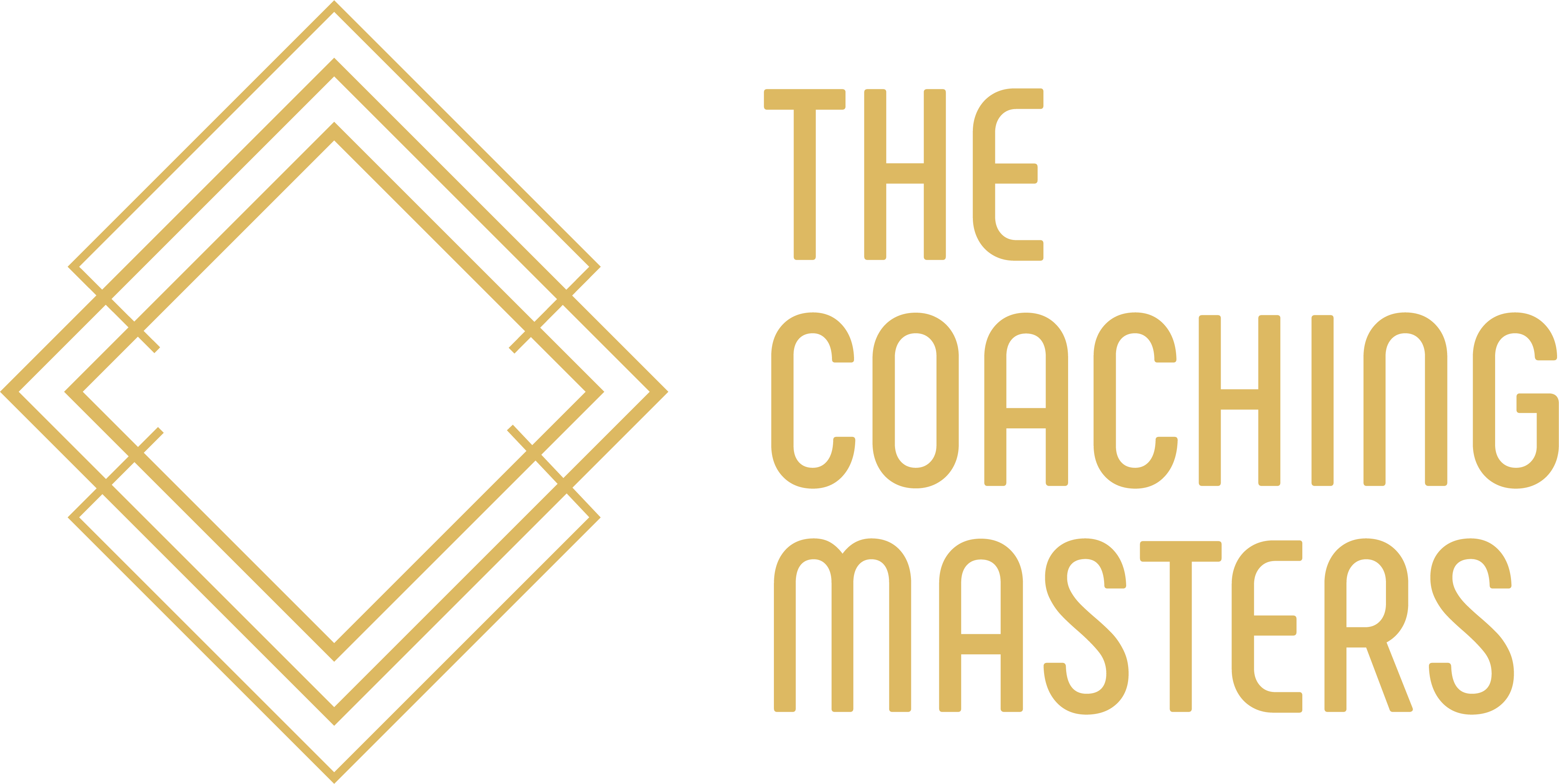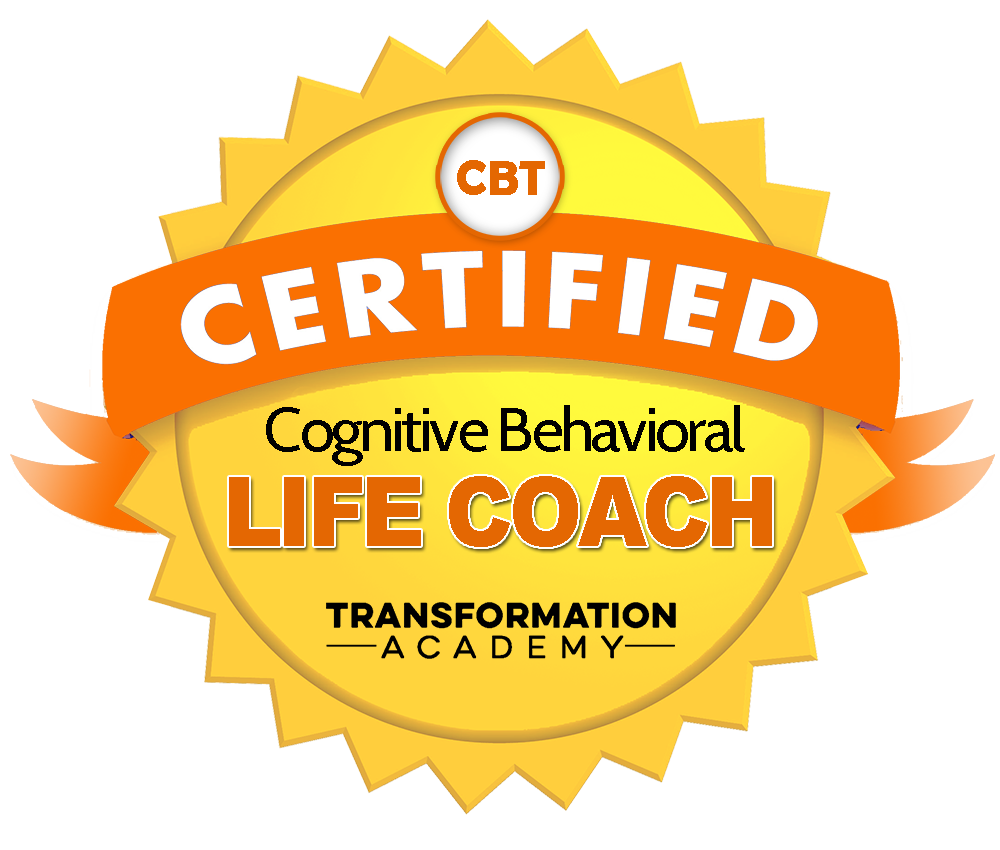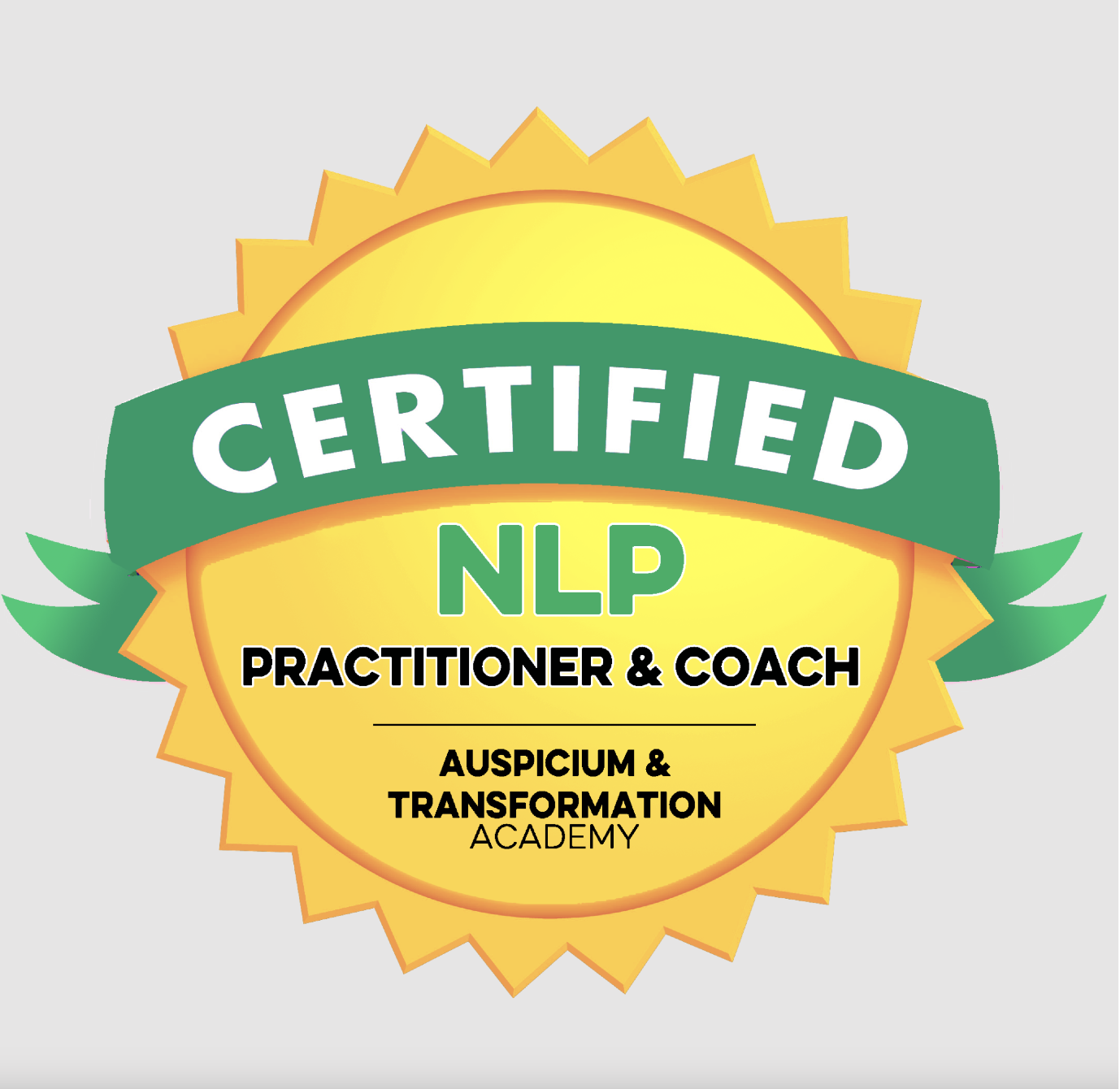Understanding and Managing Anger

Anger is a universal emotion that affects every one of us at some point. Throughout history, we can see how anger has disrupted lives and societies. We live in a world full of diverse people with different backgrounds, beliefs, and systems. This diversity necessitates an understanding and management of anger to reduce conflicts and improve our interactions with others. When anger gets the best of us, it's crucial to find effective anger management strategies to cope with this intense emotion.
The Impact of Anger
We live in a world that is incredibly diverse, with people from various classes, genders, races, and ethnicities. Different societies have their own rules, laws, and beliefs, leading to a complex environment where misunderstandings and conflicts can easily arise. Anger often stems from these complexities, and managing it is essential for harmonious living.
Anger can manifest in many ways, from mild irritation to intense rage. It can disrupt our daily lives and relationships if not managed properly. Understanding that everyone experiences anger differently is key. Some people can cool down by taking a walk, while others may need different techniques because they are unable to let go of their anger during such activities.
Finding Your Anger Management Strategy
When traditional methods like walking don't work, it's important to explore other strategies that might help. For instance, you might find relief by punching a soft cushion to vent your frustrations. Writing down your feelings on paper can also be an effective way to process and release anger. Reviewing these notes can offer insights into the underlying causes of your anger and help you understand your emotional triggers.
Engaging in activities that require focus and provide a sense of achievement can also be beneficial. Playing online games or drawing can be great outlets for pent-up emotions. Winning a game can boost your mood, while drawing can help you visualise and process your feelings.
Identifying Triggers and Learning Strategies
Once you find a technique that works for you, the next step is to identify the triggers of your anger. Anger management classes can be very helpful in this regard. They teach you to recognise what sets off your anger and to develop strategies to avoid or cope with these triggers.
For example, if you find yourself getting angry because someone ate the last cookie, it might indicate underlying issues of selfishness or a lack of consideration. Learning to let go of minor annoyances and focusing on what truly matters can help you control your anger more effectively.
Healthy Outlets for Anger
Finding healthy ways to release your anger is crucial. Dancing is a great way to relieve tension, stress, anxiety, and even depression. If you enjoy dancing, immerse yourself in the music and let the rhythm guide you. This can be a powerful way to release emotional stress and find joy in the moment.
Music itself can be a great tool for managing anger. Listening to your favourite songs or calming music can help soothe your mind and redirect your focus away from what's causing your anger. Getting lost in music can be a therapeutic escape, allowing your mind to recover from emotional strain.
Deeper Issues and Solutions
Often, the surface issue causing your anger is just a symptom of deeper problems. For instance, being upset about a cookie might indicate larger issues such as a lack of control or unresolved conflicts. By exploring and addressing these underlying issues, you can better understand your anger and find more effective ways to manage it.
Facing reality head-on is another important step in controlling anger. Recognise that problems are a part of life and that they are solvable. Whether it's financial troubles or family conflicts, seeking practical solutions and taking positive steps can help alleviate stress and reduce anger.
Constructive Communication
When dealing with interpersonal conflicts, constructive communication is key. If someone else is contributing to your anger, try to address the issue calmly and respectfully. Discussing problems openly and suggesting improvements can help resolve conflicts and build healthier relationships.
Embracing Control
A surge of anger isn't inherently bad, what matters is how you control it. Having control over your anger means acknowledging it, understanding its triggers, and finding healthy ways to express and manage it. By doing so, you can prevent anger from dominating your life and instead use it as a catalyst for positive change.
In conclusion, anger is a natural emotion that everyone experiences. By understanding its impact and finding effective strategies to manage it, you can improve your emotional well-being and relationships. Whether through physical activity, creative outlets, or constructive communication, there are many ways to harness and control your anger, leading to a more balanced and fulfilling life.
Click the link below to book your free clarity call or free virtual coffee chat.
Grab a copy of our newletter by completing the form below, this will then be sent to your inbox every month.
My Affirmation For The Week
"Creativity is contagious. Pass it on."









